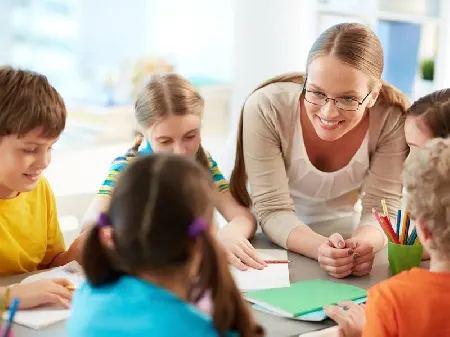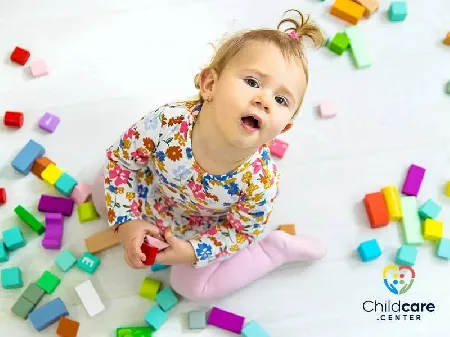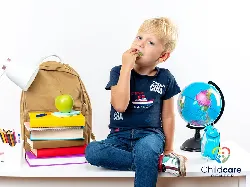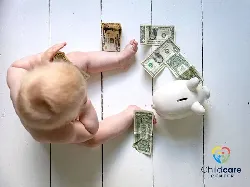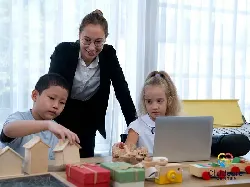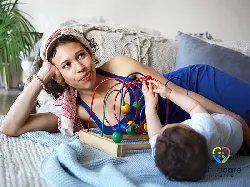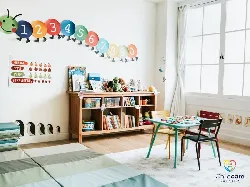Essential Kindergarten Readiness Skills: Preparing Your Child for School Success
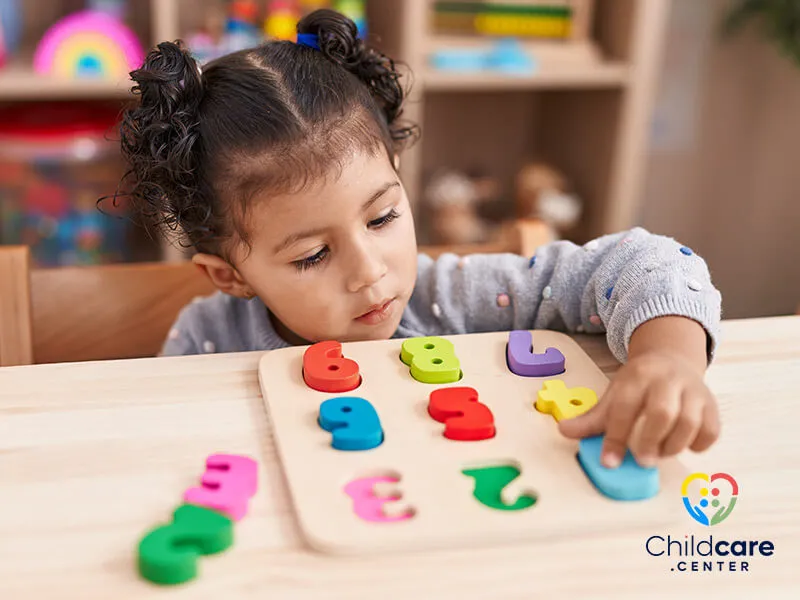
As your child approaches the exciting and transformative journey of starting kindergarten, the importance of nurturing Essential Kindergarten Readiness Skills comes to the forefront. This critical phase in a child's educational path is about laying a strong foundation for a successful transition into formal schooling. It's a time where a blend of academic, social, emotional, and physical development converges to shape their future learning experiences. In this guide, we delve into the key skills and competencies that are crucial for your child to develop as they prepare for this significant milestone.
From the basics of literacy and numeracy to the nuances of social interactions and emotional well-being, we aim to provide you with the insights and tools necessary to support your child's journey, ensuring they are well-equipped, confident, and ready for the adventures of kindergarten.
Embarking on the Journey of Kindergarten Readiness
As the kindergarten year progresses, the emphasis on Kindergarten Readiness Skills intensifies. This phase is pivotal for cementing the foundational skills necessary for academic success. During this time, children are encouraged to cultivate a diverse set of skills spanning academic knowledge, social interaction, and personal development, all of which are crucial for their continued educational journey and success in kindergarten.
Literacy and Numeracy: Essential Kindergarten Readiness Skills
Developing literacy and numeracy skills is a core part of kindergarten readiness. Recognizing letters, understanding basic numbers, and starting to form words and sentences lay the groundwork for future learning. These skills are not only about reading and counting; they foster a deeper understanding and appreciation for learning. Resources that help Teach Kids to Read can be particularly beneficial in this stage of development.
Advanced Literacy and Numeracy: Going Beyond the Basics
As children progress, more advanced literacy and numeracy skills become important. This includes simple addition and subtraction, as well as starting to write short stories or descriptions. These activities enhance their cognitive abilities and prepare them for the more structured learning environment of kindergarten.
Social and Emotional Growth: Key to Kindergarten Readiness
Preparing for kindergarten isn't just about academic skills. Social and emotional growth is equally important. This period is critical for children to learn about sharing, cooperating, and understanding their own and others' emotions.
Developing Empathy and Cooperation: Social Skills for Kindergarten
In kindergarten, children will be part of a diverse group and will need to interact and cooperate with others. Activities that encourage sharing, taking turns, and working together are crucial for developing these social skills. Furthermore, engaging in group activities and collaborative play helps children understand different perspectives and build empathy. These experiences in kindergarten lay the groundwork for effective communication and relationship-building skills, which are vital throughout their educational journey and beyond.
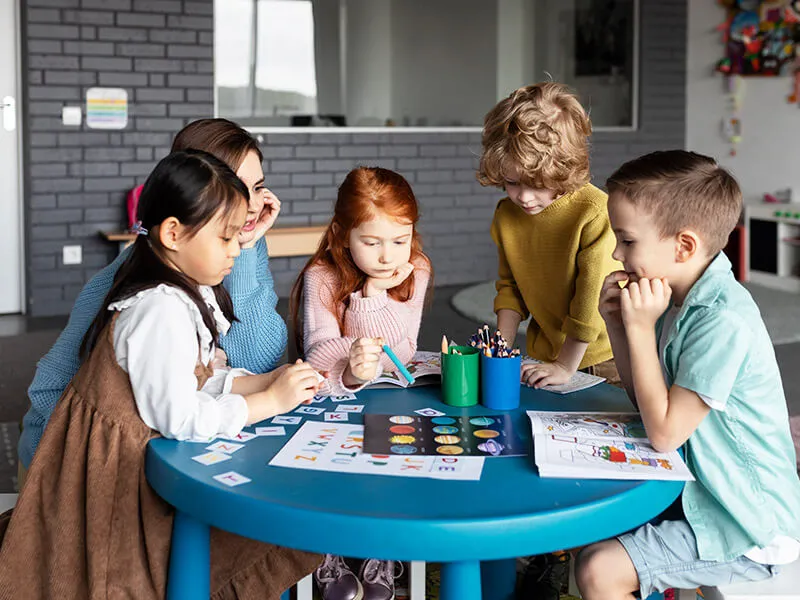
Emotional Self-Regulation: A Vital Kindergarten Readiness Skill
Emotional self-regulation is another key aspect of kindergarten readiness. Children should begin to understand how to express their feelings in appropriate ways and how to cope with frustration and disappointment.
Physical and Motor Skills Development
Physical health and motor skills are vital components of kindergarten readiness. These skills are essential not just for general health but also for classroom activities such as writing, cutting, and other crafts. To understand more about developmental milestones, check out the CDC Developmental Milestones.
Fine Motor Skills: Preparing Hands for Kindergarten
Fine motor skills involve the use of small muscles in the hands and fingers. Activities like coloring, using scissors, and playing with small objects help in developing these skills, preparing children for writing and other classroom tasks.
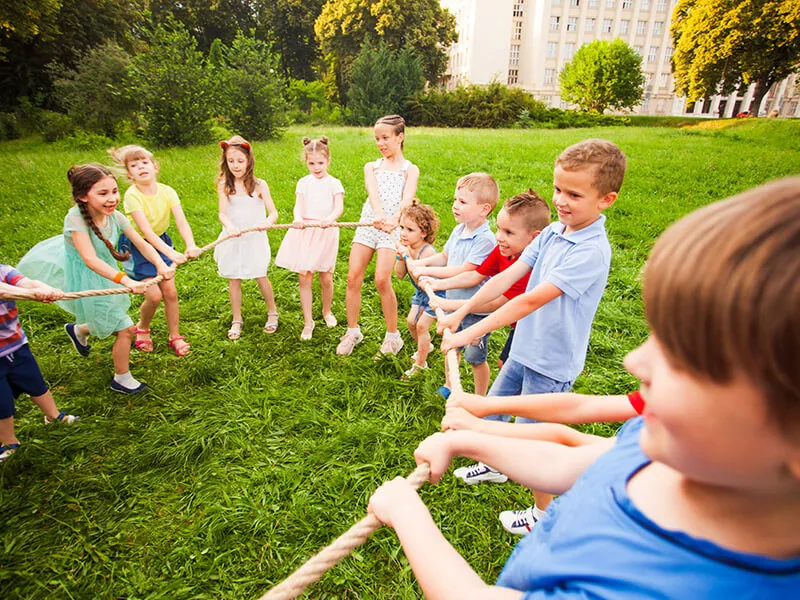
Gross Motor Skills: Building Strength and Coordination
Gross motor skills, which involve larger movements like running, jumping, and balancing, are also crucial. These skills contribute to overall physical health and are essential for playground activities and physical education in kindergarten. Additionally, developing these skills supports a child's ability to participate confidently in sports and other physical activities, fostering a sense of achievement and teamwork.
Cognitive Skills and Creative Thinking
Cognitive and creative thinking are essential aspects of kindergarten readiness. These skills are the foundation for problem-solving, understanding new concepts, and expressing creativity.
Problem Solving and Critical Thinking: Preparing for Academic Challenges
Problem-solving and critical thinking skills help children approach challenges and new learning opportunities. Activities that encourage exploration, questioning, and experimentation are key in developing these cognitive abilities.
Encouraging Creativity and Imagination
Fostering creativity is a crucial part of preparing for kindergarten. Engaging in arts and crafts, imaginative play, and storytelling allows children to express themselves and enhances their creative thinking skills.
Independence and Self-Care: Foundations of Kindergarten Readiness
Developing independence and self-care skills is an integral part of preparing for kindergarten. These skills contribute significantly to a child's confidence and ability to adapt to the school environment. Encouraging Your Child More Independent through daily routines and responsibilities helps foster independence and responsibility.
Self-Care and Daily Routines: Essential for Young Learners
Basic self-care skills, such as dressing, eating, and personal hygiene, are important for children to manage as they enter kindergarten. Encouraging these skills helps foster independence and responsibility.
Organizational Skills: Preparing for the Classroom
Organizational skills, like managing personal belongings and understanding daily routines, are also key components of kindergarten readiness. Teaching children to organize their toys and follow simple schedules can be very beneficial.
Conclusion
In conclusion, Kindergarten Readiness Skills encompass a diverse range of abilities. From academic skills in literacy and numeracy to social, emotional, physical, cognitive, and self-care skills, each aspect plays a crucial role in ensuring your child is well-prepared for kindergarten. As parents, guiding and supporting your child through this journey is fundamental to their confidence and success in their early educational experiences.



